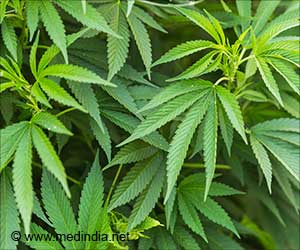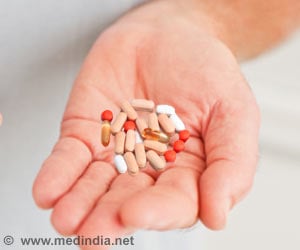Around a third of teens who were diagnosed with bipolar disorder developed substance abuse during four years of follow-up, a new study reveals.

Using data from the Course and Outcome of Bipolar Youth (COBY) study, a group of researchers led by Dr. Benjamin Goldstein, of the University of Toronto and the University of Pittsburgh, examined 167 youth, ages 12-17 years, to document the frequency and possible predictors of first-onset substance abuse. Participants in the study were interviewed an average of 7 times over the course of 4 years in order to examine their symptoms, functioning, stressors, and treatment.
The study found that 32% of adolescents in COBY developed abuse or dependence of alcohol or drugs, on average 2.7 years from the start of the study. Repeated experimentation with alcohol at the start of the study was the single strongest predictor of later substance abuse, although experimentation with cannabis also predicted later substance abuse. Five other factors present at the start of the study also predicted later substance abuse: oppositional defiant disorder, panic disorder, family history of substance abuse, low family cohesiveness, and absence of antidepressant treatment. Among teens with 3 or more risk factors, 54.7% went on to develop substance abuse, compared to 14.1% of teens with 0-2 risk factors.
The COBY study, funded by the National Institute of Mental Health, is the largest longitudinal study of children and adolescents with bipolar disorder. The 3-site study enrolled participants at Brown University, UCLA, and the University of Pittsburgh. COBY is continuing to follow these adolescents into their twenties and thirties.
Dr. Goldstein highlighted the risk associated with experimental substance use "in the case of adolescents with bipolar disorder, even so-called recreational substance use is playing with fire." He concluded "we appear to have this window of 2-3 years during which we can attempt to prevent substance abuse in these youth. This study provides some clues regarding the types of preventive strategies that may be useful."
 MEDINDIA
MEDINDIA




 Email
Email










